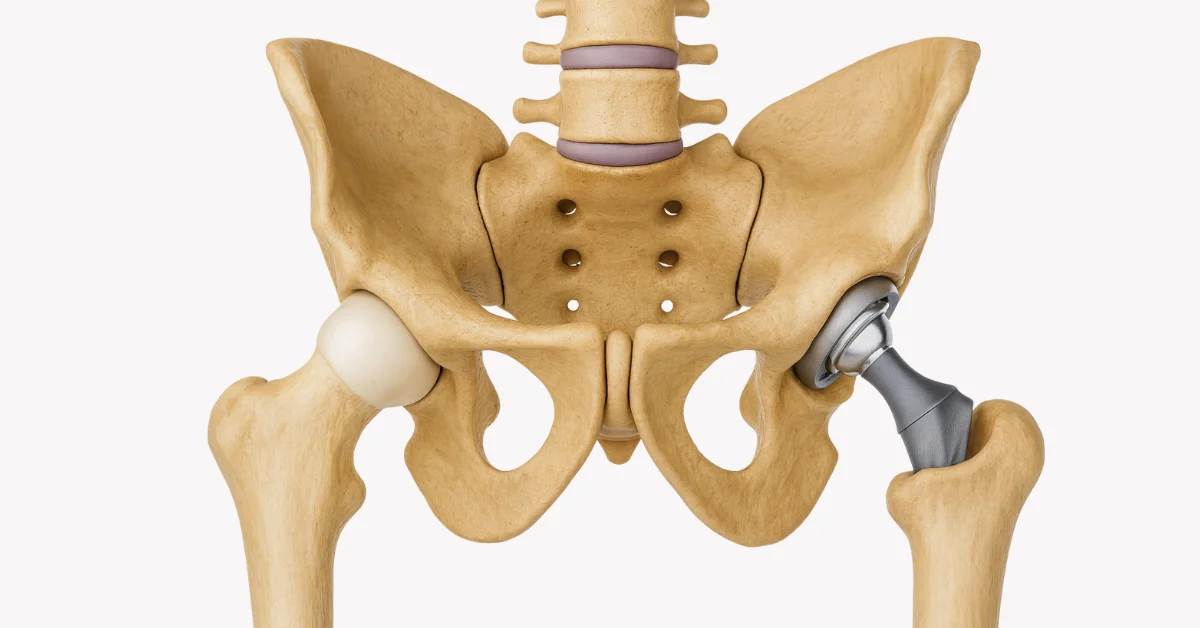
Safety Rate
Hip replacement is a specialized surgical procedure performed when an existing implant becomes worn, loose, or problematic. During hip replacement surgery in Chennai, the surgeon removes the old implant, repairs any damaged bone or surrounding tissue, and places a new prosthetic joint to restore proper alignment and stability. This modern procedure effectively reduces pain, enhances mobility, and prevents further joint damage, allowing patients to regain comfort, confidence, and long-term joint function.
Persistent symptoms may indicate the need for surgery.
There are different surgical approaches depending on the patient’s condition.
Preparation is essential for a safe procedure and smooth recovery.
The surgery is typically carried out using either general anesthesia or spinal anesthesia to ensure the patient remains comfortable and pain-free throughout the procedure.
Benefits:
Risks:
Patients begin moving the hip within 24 hours, often with the assistance of a physiotherapist.
Most patients resume basic activities within six weeks.
Modern implants are highly durable.
Hip replacement is an essential procedure designed to restore joint stability, alleviate pain, and preserve function when previous implants fail. Through hip replacement specialist in Chennai, patients gain access to advanced surgical techniques and carefully planned rehabilitation programs. Dr. Vijay Sohanlal, a leading orthopedic surgeon and knee and hip replacement specialist in Chennai, provides precise care, ensuring excellent outcomes and faster recovery. This comprehensive approach helps patients regain mobility, experience long-lasting relief, and reduce the risk of future joint issues.
The 90% rule for hip replacement refers to the observation that about 90% of patients experience significant pain relief, improved mobility, and enhanced quality of life after surgery. This high success rate highlights the effectiveness of modern hip implants and surgical techniques. Choosing hip replacement surgery in Chennai ensures access to experienced orthopedic surgeons, advanced technology, and structured rehabilitation programs, which help patients achieve optimal outcomes while minimizing complications and promoting long-term joint function.
Hip replacement surgery usually takes about 1.5 to 3 hours, depending on the complexity of the case and the patient’s condition. The procedure involves removing the damaged hip joint, preparing the bone, and inserting a new prosthesis, followed by careful alignment checks. Undergoing hip replacement surgery in Chennai with a skilled orthopedic surgeon ensures precision, reduced operative time, and efficient post-operative care, which collectively contribute to faster recovery, less discomfort, and better long-term joint performance.
Hip replacement surgery is generally safe, but like any major procedure, it carries some risks, including infection, blood clots, or implant loosening. Most complications are rare and can be minimized by choosing an experienced surgeon and following pre- and post-operative care instructions. Hip replacement surgery in Chennai performed by skilled orthopedic specialists uses modern techniques and careful monitoring to reduce risks, ensure patient safety, and provide lasting pain relief with improved mobility and joint function.
Take the first step towards pain-free living. Book your consultation today and discover personalized treatment options tailored to your needs.